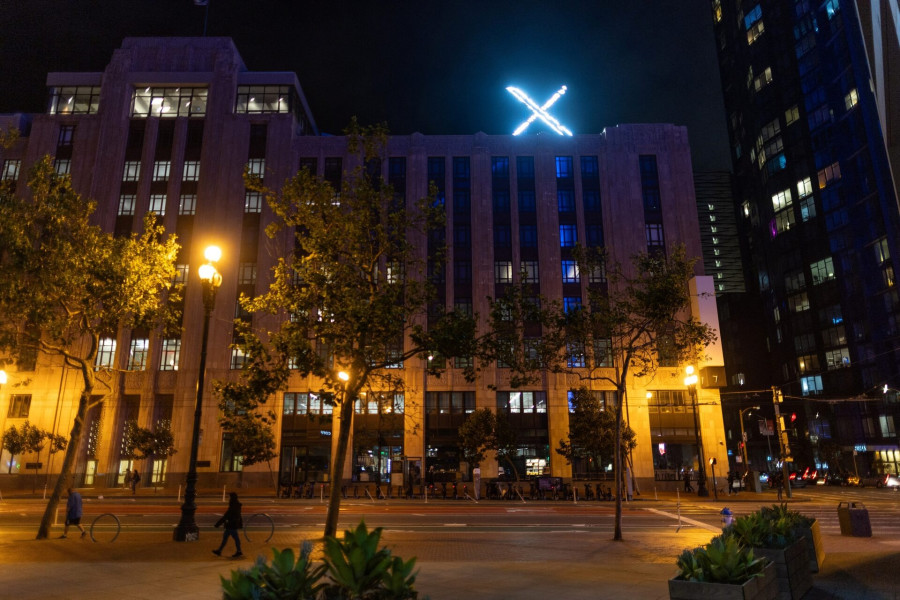Science & Technology
India limits content takedown powers to fewer officials after spat with Musk’s X
X, Musk’s social media platform, had been in opposition to Prime Minister Narendra Modi’s 2023 decision to police the internet by allowing thousands of officials to file takedown orders.
Reuters
The Indian government has reduced the number of officials who can order content to be taken down from the internet, a move that follows a bitter legal battle with Elon Musk’s X that centered around a contentious policy.
X, Musk’s social media platform, had been in opposition to Prime Minister Narendra Modi’s 2023 decision to police the internet by allowing thousands of officials to file takedown orders.
In August, Reuters reported that police inspectors were issuing takedown orders on cartoons and satirical posts, sparking one of X’s most high-profile legal challenges against a government’s content-removal policy.
X lost the lawsuit in Karnataka High Court in September, with a judge ruling that its challenge was without merit and X had to abide by local laws. But late on Wednesday, India’s IT ministry changed its policy by limiting the number of people who can issue such orders to top bureaucrats and police officials.
Now only bureaucrats with the rank of joint secretary or higher and police officials who are serving as deputy inspector general or above can issue takedown orders, the government said in its modification to the rules.
“The government is backing down and reducing its earlier powers that extended to many more officials, but the number of officials who can issue orders will still be in the hundreds,” said Akash Karmakar, a partner at Indian law firm Panag & Babu who specializes in technology law.
The changes are meant to ensure “additional safeguards to ensure senior-level accountability, precise specification of unlawful content and periodic review of government directions at (a) higher level,” a government statement said.
X did not respond to a request for comment. It previously said it would challenge the Karnataka High Court’s ruling.
Government backing down, ‘reasoned intimation’ needed
In its court challenge, X argued that India’s actions were illegal and unconstitutional, adding that they trampled upon free speech by allowing scores of government agencies and thousands of police to suppress legitimate criticism of public officials.
India contended that it was attempting to curb a proliferation of illegal content and ensure accountability online.
When it changed its rules on Wednesday, the government did not make reference to its legal fight with the social media platform. In July, X’s counsel said in court that every “Tom, Dick, and Harry” in India was illegally issuing takedown orders.
The change in rules will become effective on November 15.
“The process of challenging these takedown orders remains onerous and inverts the burden of proof on the user whose content is taken down, curbing free speech,” said Karmakar, the tech-focused lawyer.
The new rules also require content takedown orders to be supported by a “reasoned intimation”, “clearly specifying the legal basis and statutory provision invoked, the nature of the unlawful act” as well as the website’s address.
The earlier rules did not contain such requirements.
In another layer of scrutiny, the rules also add a requirement that takedown orders shall be “subject to periodic review” by an officer of secretary rank once a month.




 11.84°C Kathmandu
11.84°C Kathmandu










